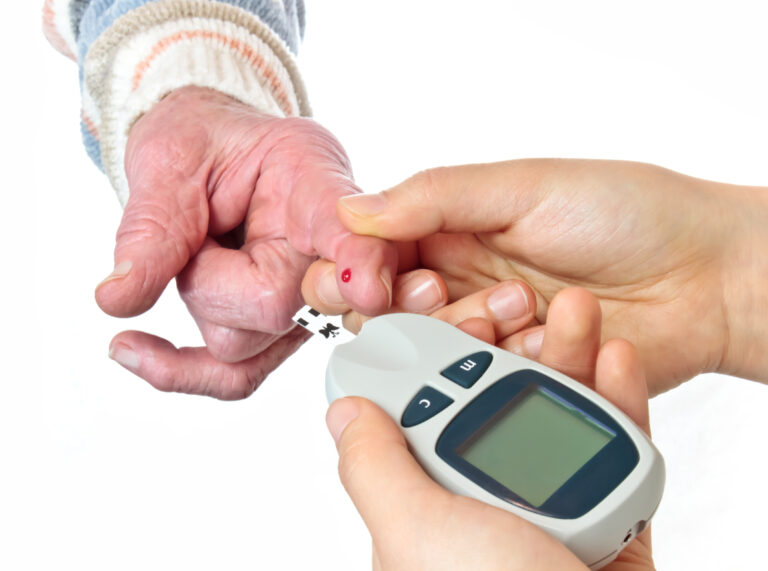Mental health is an important aspect of our overall well-being. It affects how we think, feel, and behave. Unfortunately, many people struggle with mental health disorders that can significantly impact their daily lives. Recognizing the signs of a mental health disorder is crucial in getting the help you need to manage your symptoms and improve your quality of life.
What Is A Mental Health Disorder?
A mental health disorder refers to any condition that affects a person’s emotional or psychological well-being. These conditions are often characterized by persistent feelings of sadness, anxiety, or hopelessness, as well as changes in behavior or thought patterns. Some common types of mental health disorders include depression, anxiety, bipolar disorder, schizophrenia, and PTSD (post-traumatic stress disorder).

Common Symptoms Of A Mental Health Disorder
The symptoms of a mental health disorder can vary depending on the individual and the type of disorder they have. However, some common symptoms include:
Persistent feelings of sadness, anger, or hopelessness
Changes in appetite or weight loss/gain
Fatigue or decreased energy levels
Difficulty sleeping or oversleeping
Irritability or mood swings
Withdrawal from social situations or activities
Increased use of drugs or alcohol
When To Seek Help For A Mental Health Disorder
If you notice these symptoms in yourself or someone else, it’s essential to seek professional help. A mental health professional will be able to diagnose your condition and provide treatment options. Early intervention is key to managing symptoms and preventing them from worsening over time.
Diagnosing And Treating A Mental Health Disorder
There are several methods for diagnosing a mental health disorder, including clinical assessments, laboratory tests, and medical imaging scans. Once a diagnosis has been made, there are various treatments available, such as medication management, therapy, and lifestyle modifications. The most effective approach typically involves a combination of these treatments tailored specifically to each patient’s needs.
Coping With A Mental Health Disorder
Living with a mental health disorder can be challenging, but there are ways to cope with your symptoms and improve your quality of life. Here are some tips:
Practice self-care regularly, such as eating nutritious meals, exercising, and getting enough restful sleep.
Stay connected with friends and family members who support you emotionally.
Consider joining a support group where you can connect with others who understand what you’re going through.
Learn relaxation techniques like meditation or deep breathing exercises to reduce stress and anxiety.
Support Resources For Those With A Mental Health Disorder
It’s essential to know that you’re not alone when dealing with a mental health disorder. There are numerous resources available to offer guidance and support, including:
National Alliance on Mental Illness (NAMI) – Offers education, advocacy, and support groups for individuals living with mental illness and their families.
Suicide Prevention Lifeline – Provides 24/7 crisis counseling and suicide prevention services.
Crisis Text Line – Offers free text-based crisis counseling services 24/7.
In conclusion, recognizing the signs of a mental health disorder is critical in seeking the necessary help and improving your quality of life. By understanding the symptoms, diagnosis, and treatments available, you can take steps towards managing your symptoms and coping with your condition. Remember to utilize support resources and practice self-care to maintain your mental wellness.



